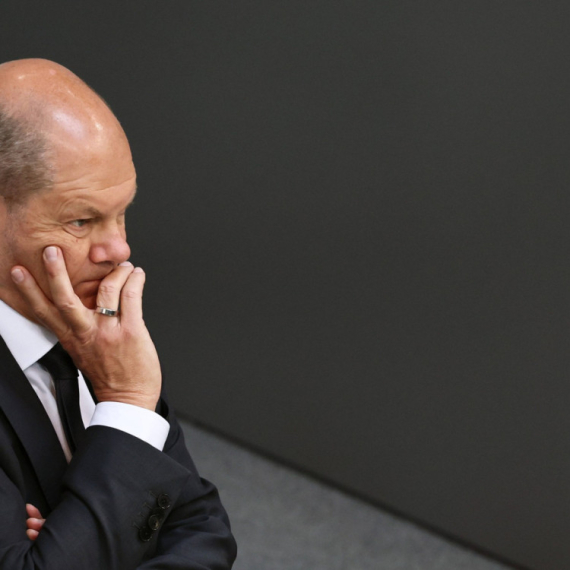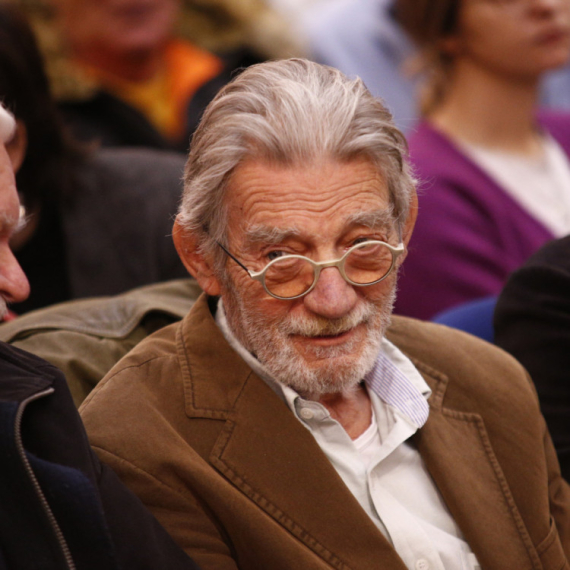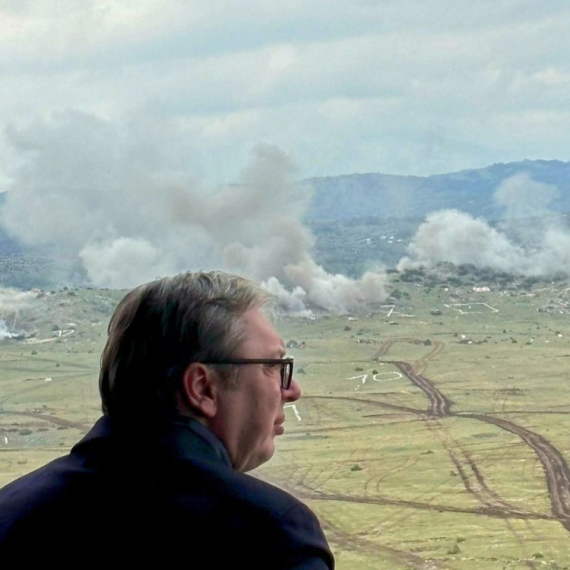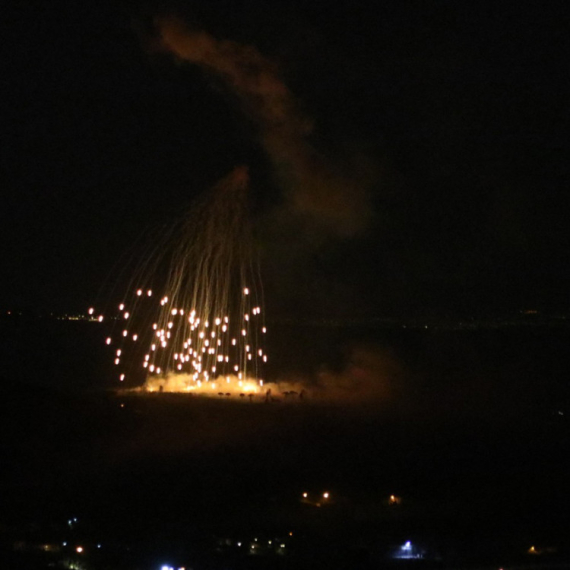Dethroned Yugoslav king was politically persecuted - court
The Higher Court in Belgrade has found that the last Yugoslav King Petar Karadjordjevic was "the victim of political and ideological persecution and violence."
Monday, 31.08.2015.
15:13

Dethroned Yugoslav king was politically persecuted - court
Petar II Karadjordjevic was also the last Karadjordjevic to have his civil rights revoked and property confiscated.In previous rulings the Higher Court in Belgrade also rehabilitated his mother Queen Marija and his son Prince Aleksandar, as well as Prince Pavle's children Princess Jelisaveta and the late Nikola Karadjordjevic.
The court specified that Petar Karadjordjevic has been legally rehabilitated and that the Decree of the Presidency of the Presidium of the People's Assembly of the FNRJ (Federal People's Republic of Yugoslavia), dated March 8, 1947, that stripped him of citizenship and confiscated all of his property, was "null and void from the moment of its passing."
The same ruling of the Belgrade court also annulled all legal consequences of the 1947 decision, including the confiscation of property.
The court said it found that Petar Karadjordjevic was the victim of persecution and violence and ideological intolerance perpetrated by the then authorities toward unfit persons, which testifies to its authoritarian statement, nature, and the need to impose the ideology of the ruling class.
The court also said that Petar Karadjordjevic was stripped of the rights and freedoms guaranteed by international conventions, declaration, and acts adopted by the Republic of Serbia.
Petar II Karadjordjevic was born in Belgrade in 1923 and died in Denver, U.S., in 1970. Formally, he spent nine years on the Yugoslav throne - from 1934 until 1945.
He was the eldest of King Aleksandar I Karadjordjevic's three sons. He was 11 when his father was assassinated in France, and 21 when he was dethroned.
Since Petar was a child when he inherited the throne, a council of regents headed by Prince Pavle Karadjordjevic, appointed by Aleksandar Karadjordjevic in his will, came to power.
In accordance with one of the Tito-Subasic agreements from June 1944, Petar Karadjordjevic in March 1945 transferred his powers to the three-member regency council.
This council called elections for the Constitutional Assembly for November 11, 1945, which once elected, on November 29 the same year, declared Yugoslavia a republic, and abolished the monarchy.
This was when Petar Kradjordjevic was officially dethroned.
In January 2014, the Kradjordjevic family filed a request have their assets reinstated. The request concerns the property divided in 1938 into three equal parts between the sons of Aleksandar Karadjordjevic - Petar, Tomislav, and Andrej.

















































Komentari 3
Pogledaj komentare